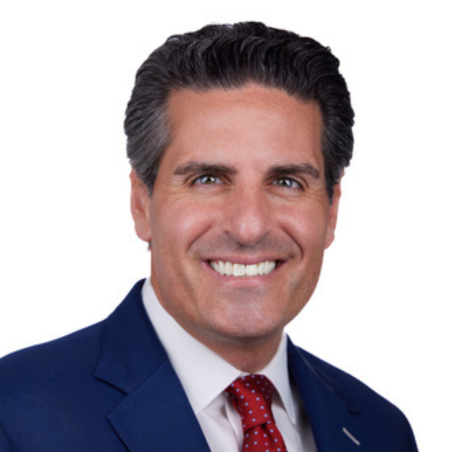Strategies to Implement in 2023
For many, retirement is a time to enjoy the fruits of one’s labor and pursue long-held dreams. However, it is crucial to be prepared for the financial challenges which may arise, particularly concerning healthcare expenses. As people age, their medical needs tend to increase, which requires thoughtful planning to meet these needs in retirement. This article explores the potential costs associated with healthcare in retirement and provides valuable insights on how to start saving now to ensure a financially secure and healthy future.
Understanding Healthcare Expenses in Retirement
It is common knowledge healthcare costs have risen substantially over the past several decades. Factors such as inflation, new medical technologies and longer life expectancies have contributed to the rising cost of healthcare. According to recent studies, the average age-65 retired couple may need as much as $318,000 to cover medical expenses throughout their retirement years.1 These expenses include insurance premiums, deductibles, co-pays, prescription medicine expenses, long-term care expenses and expenses associated with unforeseen health issues.
Medicare, the federal health insurance program for those aged 65 and older, plays a significant role in covering healthcare expenses in retirement, but it does not cover everything. There are out-of-pocket expenses, such as premiums for Medicare Part B and Part D, as well as copayments and deductibles.
Saving for Healthcare Expenses in Retirement
Planning and saving for healthcare expenses in retirement should be an integral part of every financial plan. By taking proactive steps early, individuals can minimize the financial strain associated with healthcare costs later in life. Here are some crucial steps to consider:
Evaluate Your Current Health and Insurance Coverage: Assess your health condition and understand the limitations of your current health insurance coverage. Determine if additional insurance options or supplemental plans may be necessary to bridge any gaps.
Educate Yourself on Medicare: Gain a thorough understanding of the different parts of Medicare (A, B, C and D) and what they cover. Research the associated costs and deadlines for enrollment to make informed decisions. A good place to start is at Medicare.gov.
Estimate Future Healthcare Costs: Utilize online tools, retirement calculators or consult with financial advisors to estimate potential healthcare expenses in retirement. Account for factors like inflation, potential medical conditions and desired coverage.
Start Saving Early: Time is your greatest asset when it comes to building a retirement healthcare fund, so start saving as early as possible and contribute regularly to a dedicated retirement savings account. Tax-advantaged accounts like a Health Savings Account (HSA) or an Individual Retirement Account (IRA) can provide a great opportunity to save for healthcare expenses in retirement while enjoying potential tax benefits along the way.
Budget and Prioritize Savings: Make healthcare savings a priority in your budget. Cut unnecessary expenses and redirect those funds towards your retirement HSA. Consistent contributions over time can make a significant impact.
Stay Healthy: Prioritize your health by adopting a healthy lifestyle. Regular exercise, a balanced diet and preventive care can help minimize healthcare expenses over the long run.
As retirement approaches, it is essential to consider the potential costs associated with healthcare and take action to secure your financial well-being. By understanding potential expenses, planning ahead and saving early, you can minimize the chances of healthcare costs becoming an undue financial burden later in life. Consult with financial advisors, explore savings options and make informed decisions regarding Medicare and supplemental plans. Remember, the key is to be proactive and take the necessary steps now to ensure a financially stable and healthy future in retirement.
1Source: ebri.org. Data as of February 9. 2023. https://www.ebri.org/content/projected-savings-medicare-beneficiaries-need-for-health-expenses-remained-high-in-2022
The information contained herein is confidential and the dissemination or distribution to any other person without the prior approval of Fiducient Advisors is strictly prohibited. Information has been obtained from sources believed to be reliable, though not independently verified. Any forecasts are hypothetical and represent future expectations and not actual return volatilities and correlations will differ from forecasts. This report does not represent a specific investment recommendation. The opinions and analysis expressed herein are based on Fiducient Advisor research and professional experience and are expressed as of the date of this report. Please consult with your advisor, attorney and accountant, as appropriate, regarding specific advice. Past performance does not indicate future performance and there is risk of loss.


